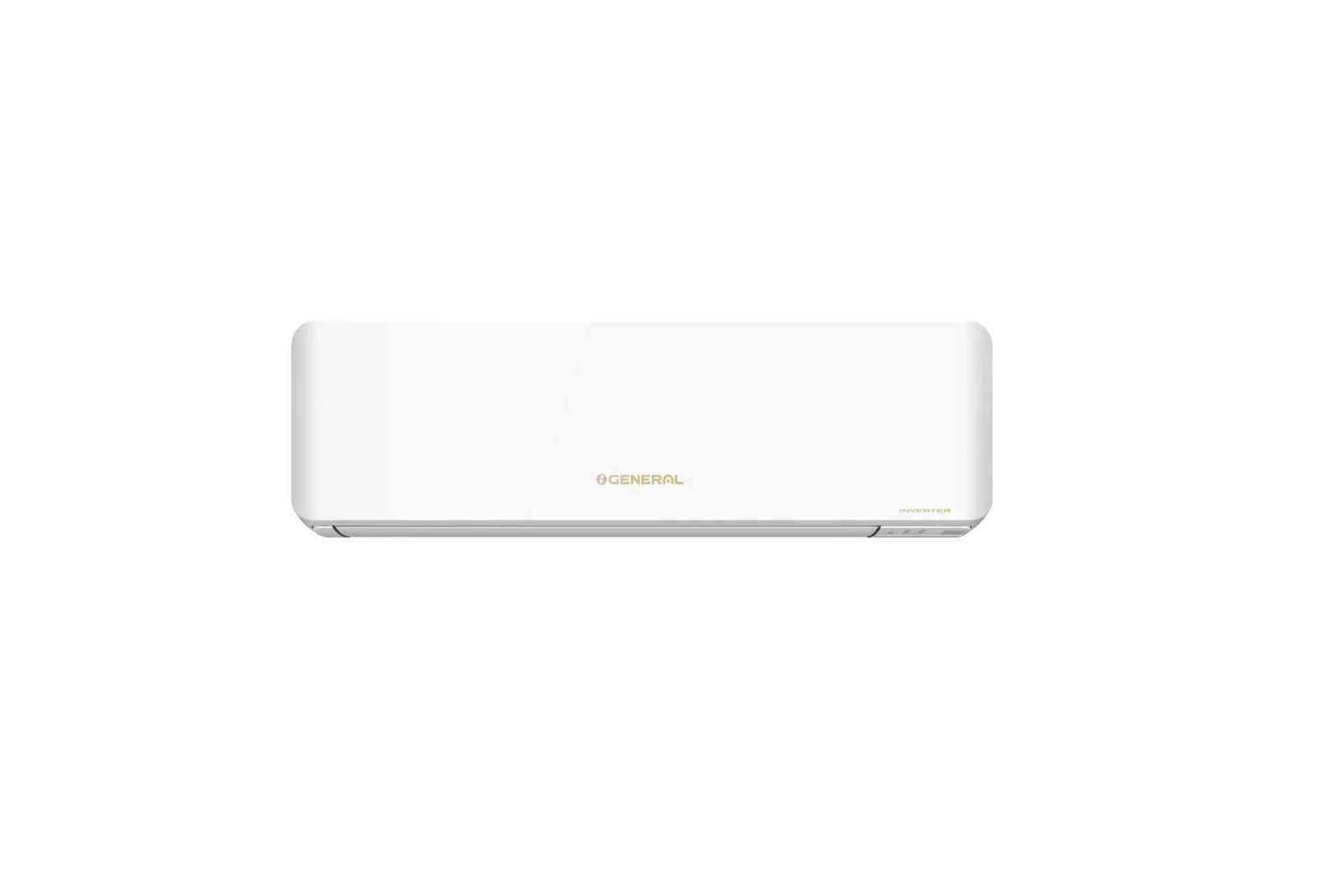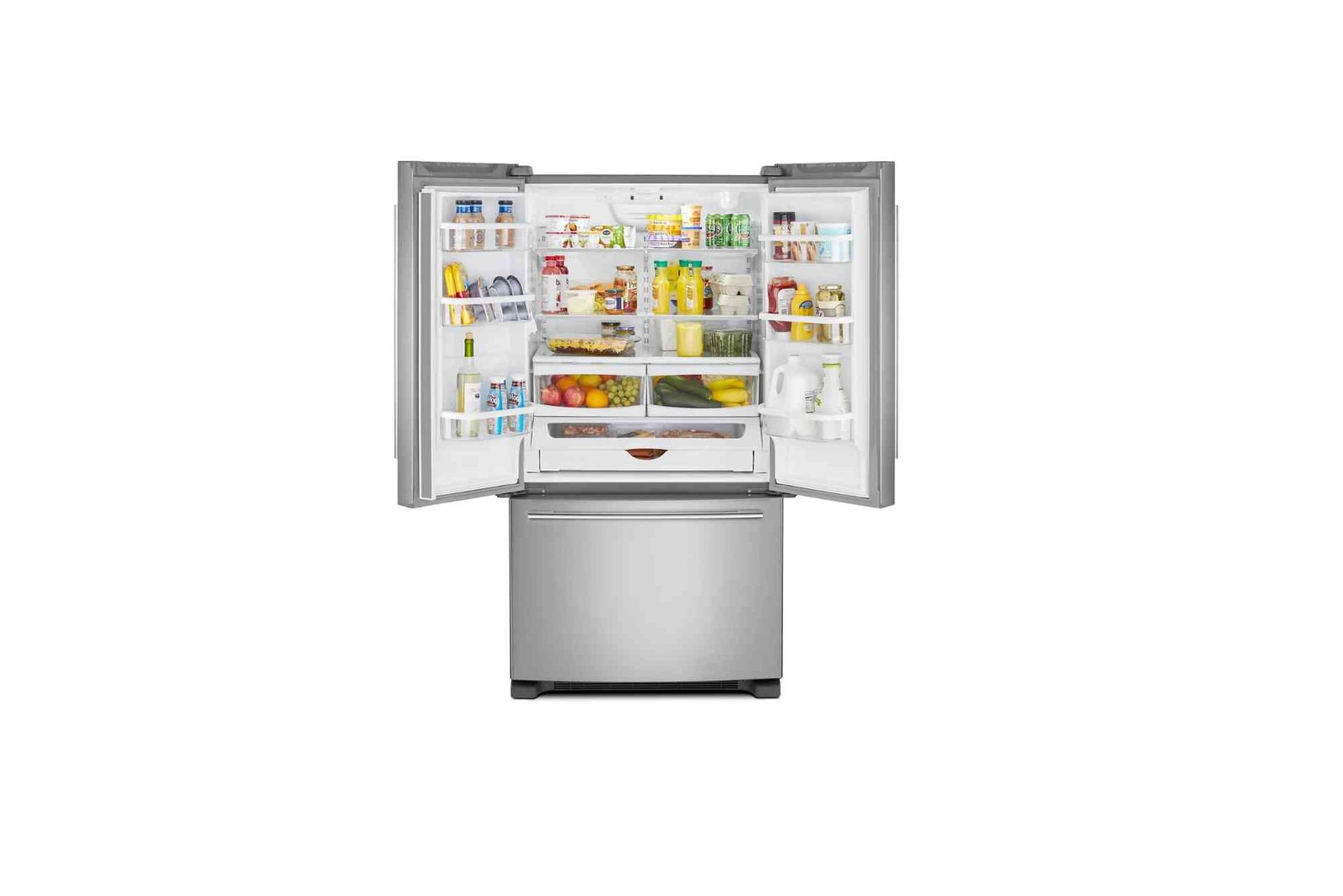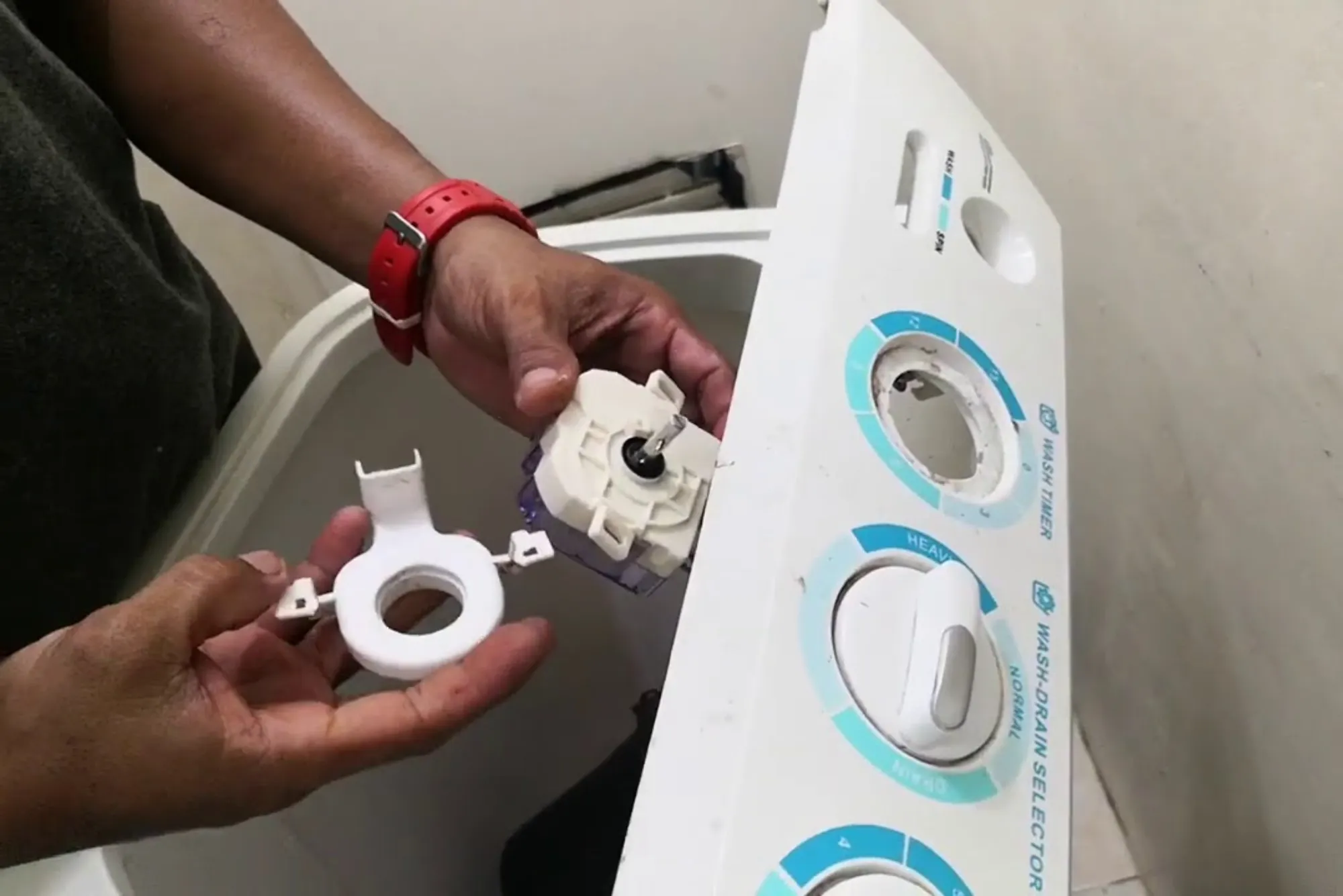When you walk into a productive office, there’s an almost invisible system at work. Every pen, notepad, and sticky note plays its part in keeping tasks moving smoothly. The right office supplies may seem like small details, but they can make a big difference in the rhythm of daily work. Having the right tools on hand means fewer interruptions, faster task completion, and a smoother workflow that saves both time and frustration.
In my years of working with both corporate teams and small startups, I’ve noticed one consistent theme: the most successful workplaces are the ones that never underestimate the power of being well-stocked with the right essentials. Whether you manage a large organization or work from a home office, keeping a reliable set of office supplies on hand—and knowing where to get them consistently, whether from a trusted vendor or a platform like Stockpoint—can shape your entire day-to-day productivity.
The Foundation of Every Workspace
Let’s start with the basics. Writing instruments might sound like the simplest item on the list, but they’re also the most indispensable. Pens, pencils, and markers are constantly needed, whether you’re signing contracts, jotting down notes during a call, or sketching out a quick idea before it slips away. I’ve lost count of the times I’ve been saved by keeping an extra pen in my desk drawer. It’s easy to overlook these items until you suddenly don’t have one when you need it most.
Alongside writing tools, paper products remain central to almost every office environment. Even in the age of digital everything, sticky notes, notepads, and printer paper are essential for quick reminders, brainstorming sessions, or official documentation. While a project management app is great for long-term planning, there’s something about physically writing down tasks that makes them harder to ignore.
Staying Organized Day to Day
Organization is where office supplies begin to shine in a way digital tools often can’t replicate. Folders, binders, and filing systems give structure to what could otherwise become a cluttered mess. Even if you consider your workspace “paperless,” chances are you still need a safe place to store contracts, invoices, or reference materials.
Desk organizers, storage boxes, and filing cabinets may not be glamorous purchases, but they quietly help reduce stress. I’ve worked in environments where misplaced paperwork caused hours of delay, and I’ve also worked in offices where supplies were perfectly organized. The difference was night and day. Stockpoint and similar suppliers make it easier to keep track of these basics, offering bulk options and fast restocking when supplies run low.
Tools for Communication and Collaboration
In most offices, communication tools are just as important as writing supplies. Staplers, paper clips, and adhesive notes all fall into this category because they allow you to share, connect, and organize information in a way that’s accessible to others. A neatly stapled report feels far more professional than loose sheets of paper handed out during a meeting. Similarly, using color-coded sticky notes can make collaborative projects flow more easily, giving team members visual cues without the need for lengthy explanations.
On the digital side, accessories like headsets, webcams, and charging cables are becoming part of the modern “essential supplies” toolkit. A video call without the proper equipment is just as disruptive as trying to write a contract without a pen. Offices that adapt their supply lists to include these modern tools are often the ones that remain the most resilient and connected in an increasingly hybrid work environment.
Comfort, Efficiency, and the Human Side of Work
Supplies aren’t just about paperwork; they’re also about creating a space where people can stay comfortable and efficient throughout the day. Items like desk lamps, ergonomic chairs, or even a reliable stapler that doesn’t jam can transform the work experience. It’s not just about checking tasks off a list—it’s about making the daily routine sustainable and less stressful.
I once worked with a team that underestimated the value of something as simple as quality pens and notebooks. When they finally upgraded, the mood noticeably shifted. Meetings ran more smoothly because everyone had what they needed. Productivity improved, not because of some dramatic technological overhaul, but because the basic supplies were reliable and available.
Stocking Smart: Avoiding Shortages and Waste
One of the most common mistakes I’ve seen in offices is either understocking or overstocking supplies. Both extremes create problems: shortages slow people down, while excess clutter wastes space and budget. This is where platforms like Stockpoint come into play, giving office managers the ability to track inventory, order only what’s needed, and replenish stock without last-minute scrambles.
Think of it as an insurance policy for productivity. When you don’t have to worry about whether the printer has enough paper or if there are enough pens in the supply closet, your focus shifts back to the work itself. A smart supply management system not only saves time but also cuts unnecessary costs by avoiding wasteful overordering.
Adapting Supplies to Different Work Environments
Not every office looks the same, which means essential supplies can vary depending on the work being done. A creative agency might prioritize sketchpads, colored markers, and whiteboards, while a law firm will lean heavily on legal pads, filing cabinets, and archival-quality folders. A home office, on the other hand, may need a careful balance of digital and physical tools to maximize limited space.
The key is recognizing that “essentials” aren’t static—they evolve as workplaces and workflows change. Over the last decade, I’ve seen the definition of office supplies shift significantly. Ten years ago, a pack of CDs or DVDs might have been essential. Today, those have been replaced by external hard drives and cloud storage subscriptions. What remains consistent is the need to identify what tools your team uses daily and ensure those are always available.
Why Office Supplies Are More Than Just Tools
It’s tempting to dismiss office supplies as background details, but they’re far more than that. They set the tone for how professional, efficient, and prepared an organization appears. Imagine walking into a meeting where the printer is broken, pens are missing, and there’s no paper for handouts. It sends a message of disorganization and carelessness, even if the team is highly skilled. On the other hand, a well-prepared office communicates reliability and competence before a word is even spoken.
From a personal perspective, I’ve always found that having my supplies in order creates a psychological boost. Sitting at a desk where everything I need is within reach reduces distractions and keeps me in flow longer. It’s not just about the physical utility—it’s about creating an environment that encourages focus and minimizes stress.
Building Your Own List of Essentials
The most practical advice I can give is to start by identifying what you personally or your team uses every single day. That’s your core list of essentials. From there, build a second layer of “frequent but not daily” supplies, such as printer cartridges or extra storage folders. Finally, consider the unique needs of your industry. For example, a design team may add specialized markers or drafting tools to their essentials, while a sales team might emphasize branded stationery for client interactions.
Once you’ve built this framework, look for a reliable source to keep your supplies replenished. Platforms like Stockpoint simplify this process by ensuring availability, helping you avoid shortages, and giving you the flexibility to order in bulk or smaller quantities depending on your needs.
Final Thoughts
The essentials of an office may seem like small, ordinary items, but their impact is anything but small. Writing instruments, paper products, organizational tools, communication accessories, and comfort-focused items all work together to create a seamless workflow. Staying well-stocked with these basics isn’t just about convenience; it’s about building an environment where productivity feels natural rather than forced.
If you treat office supplies as an investment in your daily success rather than just expenses, you’ll notice the difference almost immediately. The right supplies don’t just support your work—they elevate it. And with smart supply management solutions like Stockpoint, keeping your workspace equipped with the essentials has never been easier.









